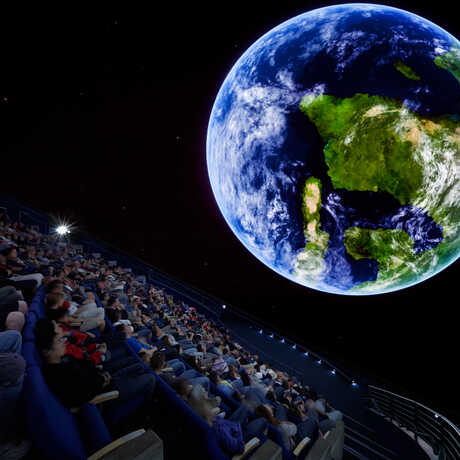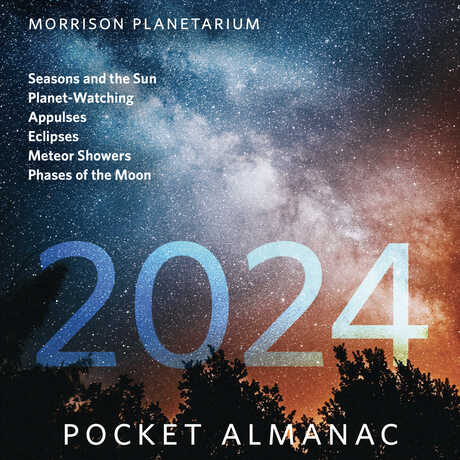Public: $15 Members and seniors: $12
All Dean Lectures are free for supporters generously giving $3,000+ annually (while supplies last). Members and donors, please log in after adding tickets to your cart to receive your discount.

The Milky Way as observed by the Gaia Spacecraft.
An Exploration of the Milky Way: Our Cosmic Home
Monday, December 2, 2024
7:30 pm, Morrison Planetarium
Featuring Dr. Keith Hawkins
Our Universe is made up of many billions of galaxies, yet astronomers are still trying to figure out how they form, evolve, and assemble themselves. The question of how and when galaxies—including our own—take shape across cosmic time is among the most fundamental in modern astronomy. But the answer still eludes us. One of the best ways to answer this question is to explore our home galaxy, the Milky Way, which is made up of some 200 billion stars—and is the optimal laboratory for answering the questions of galaxy formation because, to date, it is one of the only systems where we can obtain detailed and precise data on the positions, motions, and chemical compositions of billions of individual stars. Using our own galaxy as a sandbox for exploring galaxy assembly is the essence of galactic archaeology. In this talk, Dr. Keith Hawkins will take us on a journey through our own galaxy and explore how we can use state-of-the-art data from large-scale missions—visualized in the planetarium—to chart the Milky Way’s structure and assembly over the last 10 billion years.

Dr. Keith Hawkins is an Associate Professor of Astronomy at the University of Texas at Austin. He received his B.S. in astrophysics with minors in Mathematics and African Studies from the Honors Tutorial College at Ohio University as a Templeton and Goldwater Scholar in 2013. After which, Dr. Hawkins completed a 2.5 year Ph.D. in Astronomy at the Institute of Astronomy, University of Cambridge in the UK as a British Marshall Scholar. He was appointed a Junior Fellow in the Simons Foundation’s Society of Fellows at Columbia University between 2016-18. In 2018, he entered the Faculty at the University of Texas at Austin. He has won numerous awards, including the Vera Rubin Distinguished Visiting Professor (2023) and the Flatiron Institute IDEA Fellowship (2022), and has been a Scialog and Kavli Fellow. His research interests are primarily in Galactic archaeology, with the goal of revealing the formation and evolution of our Galaxy, the Milky Way, through detailed chemical and dynamical studies of its billions of stars.
From outer space to Earth's inner core, explore the universe from Morrison Planetarium's 75-foot digital dome.

Download Morrison Planetarium's 2024 Pocket Almanac to stay up-to-date on eclipses, meteor showers, satellite spottings, and more.
